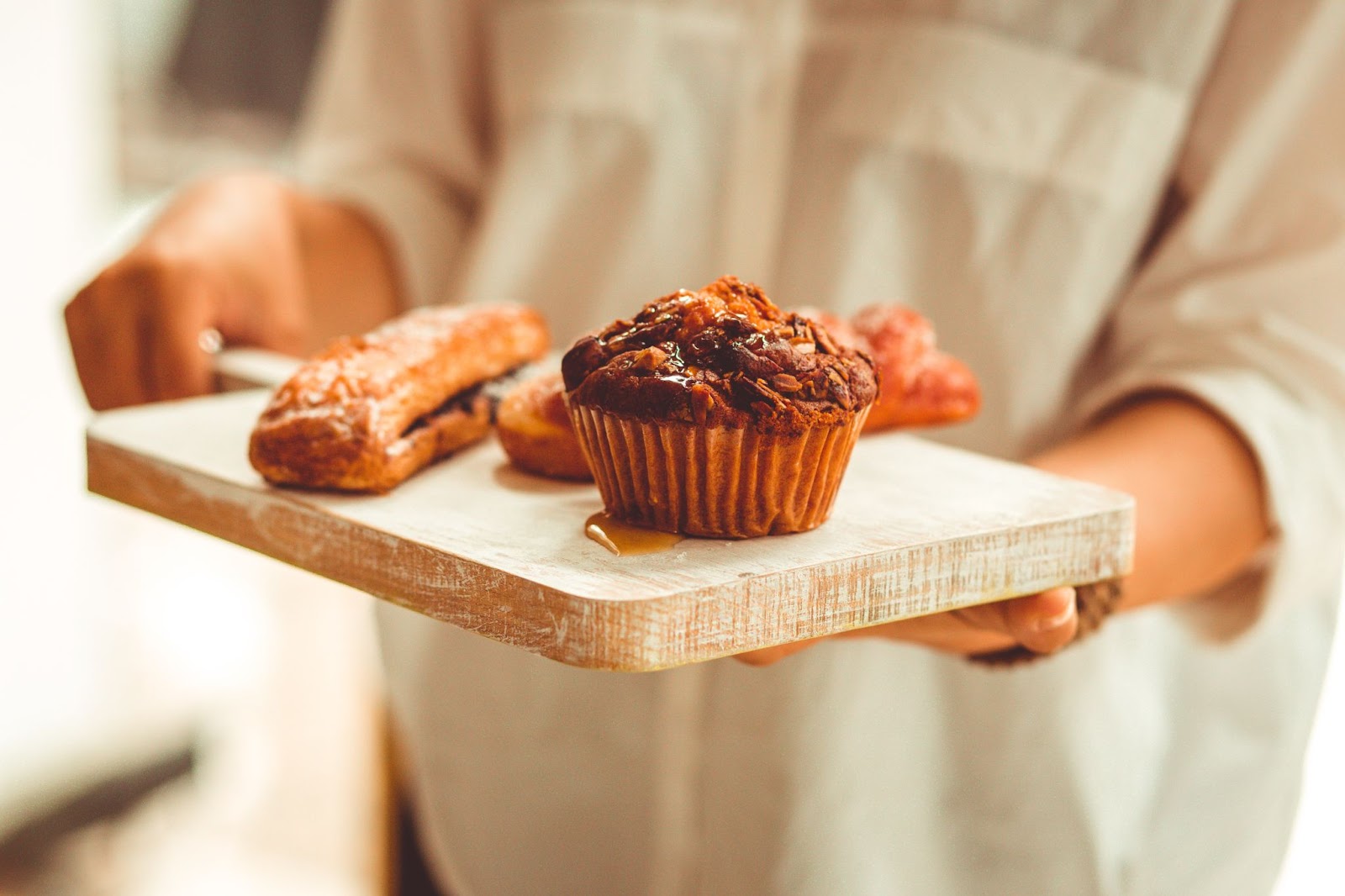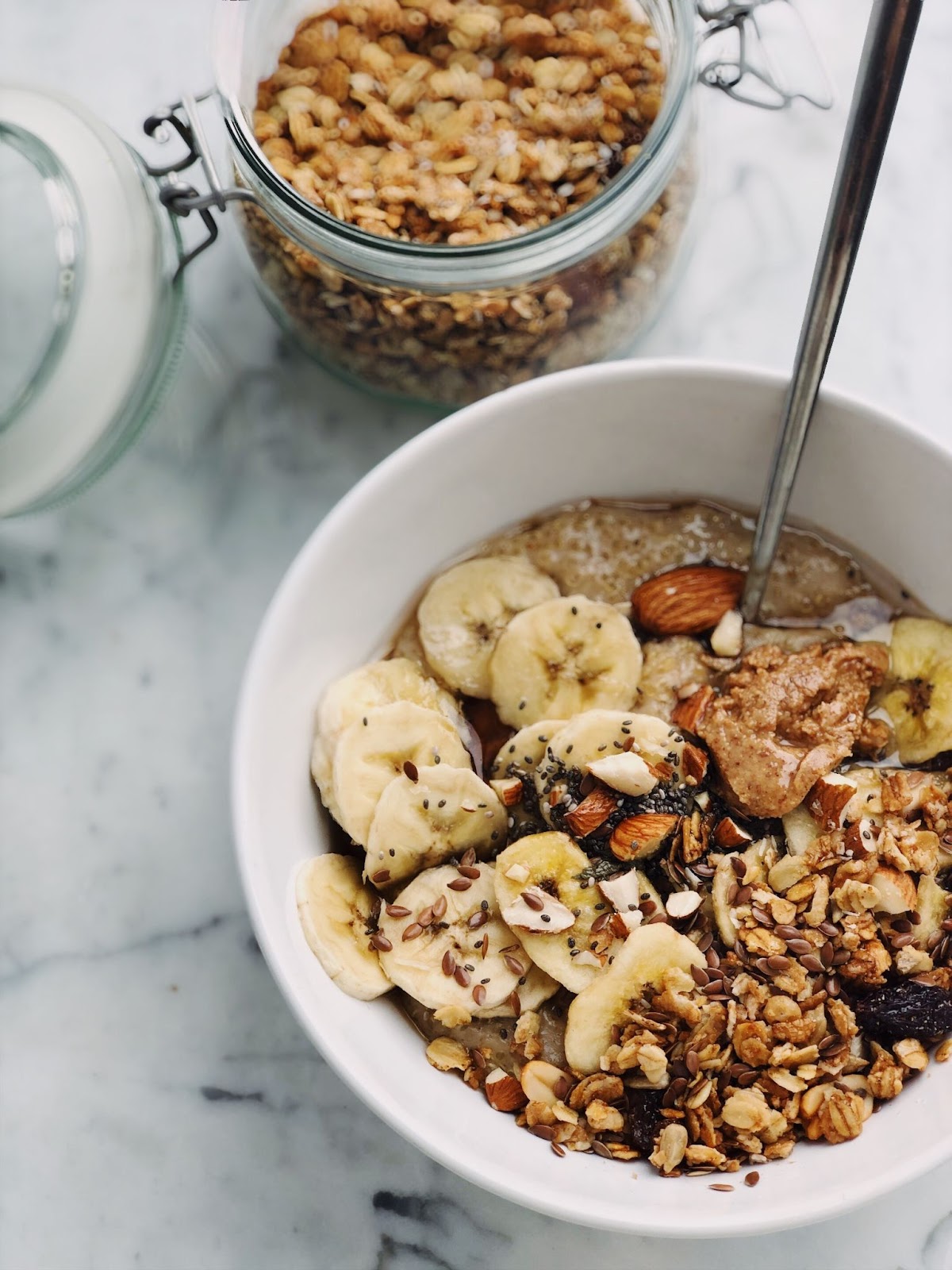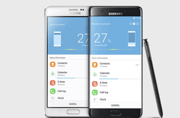STOP Calorie-Counting and instead practice SEAT (Stop Eating All the Time) – the simplest weight-loss plan ever?
- Replies 7
One of the biggest difficulties that people have with losing weight is that… well, frankly - we all just really love to eat. In fact, we love it so much that we routinely do it three times per day ‘officially’, with lots of snacking in between. But what’s the alternative? Should you stop eating when you’re hungry and try to stick to a specific regimen or schedule? Cut out specific foods like sugar? Exercise more? That question is surprisingly polarising, even amongst the scientific community.

Some dieticians believe the biggest health issues stem from eating all the time. Credit: Pexels
Once upon a time, we were advised to ‘graze’ in order to prevent high blood sugar. Nowadays though, just about everyone is practising (or at least talking about) ‘intermittent fasting’ or ‘time-restricted eating,’ wherein you have to abstain from consuming any food whatsoever during certain periods of the day. A common ratio is 16/8 - that is, 16 hours of fasting, followed by an 8-hour ‘eating window’.
We have also recently been introduced to a ‘longevity diet’ from publications like New Scientist, which is popular amongst many health gurus. It focuses on healthy eating habits rather than restricting your calorie intake.
What’s changed since then, you may ask? It now all boils down to awareness about insulin levels. Dr. Andrew Jenkinson, a bariatric (weight loss) surgeon explains that ‘Constantly elevated insulin levels interfere with leptin, the hormone that provides a feedback mechanism to tell your brain that you're full.'
The author of ‘Why We Eat (Too Much)’ goes on to explain that:
'It's like the fuel gauge on your car. You panic when you see it's flashing on empty. But the problem is not that the tank is empty, it's that the gauge is broken. The Western culture of snacking on sugar, highly refined carbohydrates, and processed foods mean insulin levels never go down.'
So now, we delve into the simplest dietary concept ever, introduced by British journalist and author, Rosamund Dean which is the SEAT plan (Stop Eating All the Time).
‘Now when I walk past the fridge and reach for the cheese, I tell myself: stop eating all the time,’ she writes. ‘When I smell croissants in the bakery, I think: stop eating all the time. Try it. Your secret health weapon can be as easy as changing the way you think.’
Here’s a video that lists some strategies to stop overeating:
If you’re getting the sense that it seems a little like starving yourself, Rosamund says that’s not the point at all. ‘Food should be delicious and enjoyed to the full, ideally with other people. For me, that means mealtimes. Snacks are often thrown back mindlessly, in a state of boredom or stress.’
In this sense, despite ditching snacks, you’re still able to enjoy good food. As a matter of fact, you might enjoy it more since, come dinnertime, you’ll have worked up quite an appetite from not grazing throughout the day. What makes this diet easy to stick to? That’s easy – it’s ‘because it’s not a diet, it’s a mindset!’, according to Rosamund.
This way of thinking is backed up by Dr. Jason Fung, the author of The Complete Guide to Fasting, who says that fasting works largely due to its simplicity. ‘It's easy to understand,' he clarifies. 'It's also convenient, so you save time and simplify your life. And it's flexible: you are always in control of how and when you fast. You can fast more if you need to lose weight, and less if you're on holiday.'
If you’re worried that you’ll get tired if you don’t eat over extended periods of time, Dr. Fung explains that the opposite is often the case. '[Fasting] increases energy and concentration,' he explains. 'Your body releases noradrenaline, giving you more energy and focus. That is why the hungry wolf is so dangerous.’
Nutritionist Karen Newby agrees and adds that fasting can be effective for women regardless of age. She says: ‘Intermittent fasting overnight for 12-14 hours, and having mini fasts in between main meals, helps us become more mindful of the food we are eating.’
‘We also give our digestive system a break, like we used to do, even just 100 years ago. Snacking is a very modern invention, created by food companies with a market value of billions,' Karen explains. 'But protein and beneficial fats, such as oily fish and nuts, are like putting coal on the fire. They keep our energy factories going so we don't need to snack so much.'
However, not everyone sees fasting as the answer. Dr. Megan Rossie who is a gut-health expert and the author of ‘Eat More, Live Well’, states:
'Most of the evidence [of the benefits of fasting] is from animal studies, and we're very different to mice,' she says. 'I have recommended intermittent fasting for some patients because it can be effective for weight management but that's more to do with the fact that, if you're reducing your eating window, you eat less.'
Here’s an article from Dr. Rossie sharing info about gut health.
She shares that it’s not about when you eat but about what you eat. Remember that a 14-hour fast won’t be much help if your entire eating window consists of landing face-first in a bowl full of chips or ice cream.

Obtaining your needed nutrients from healthy foods can crowd out the sugary and unhealthy food that you eat. Credit: Pexels
Get the nutrients you need from healthier options to ‘crowd out’ cravings for sugary snacks and ultra-processed food. You’ll find that it’s very easy to add pumpkin seeds to your oatmeal, or almond butter to your morning toast.
Cut out that unnecessary mid-morning pastry or that super late-night snack, and you may find that your health and energy levels improve more than you might expect.
Don’t forget to chat with a medical professional about what dietary restrictions might be right for you, especially if you have any health complications.
Are you going to try the SEAT method? Or are there other dietary practices that you’d like to share? Let us know in the comments below!
Some dieticians believe the biggest health issues stem from eating all the time. Credit: Pexels
Once upon a time, we were advised to ‘graze’ in order to prevent high blood sugar. Nowadays though, just about everyone is practising (or at least talking about) ‘intermittent fasting’ or ‘time-restricted eating,’ wherein you have to abstain from consuming any food whatsoever during certain periods of the day. A common ratio is 16/8 - that is, 16 hours of fasting, followed by an 8-hour ‘eating window’.
We have also recently been introduced to a ‘longevity diet’ from publications like New Scientist, which is popular amongst many health gurus. It focuses on healthy eating habits rather than restricting your calorie intake.
What’s changed since then, you may ask? It now all boils down to awareness about insulin levels. Dr. Andrew Jenkinson, a bariatric (weight loss) surgeon explains that ‘Constantly elevated insulin levels interfere with leptin, the hormone that provides a feedback mechanism to tell your brain that you're full.'
The author of ‘Why We Eat (Too Much)’ goes on to explain that:
'It's like the fuel gauge on your car. You panic when you see it's flashing on empty. But the problem is not that the tank is empty, it's that the gauge is broken. The Western culture of snacking on sugar, highly refined carbohydrates, and processed foods mean insulin levels never go down.'
So now, we delve into the simplest dietary concept ever, introduced by British journalist and author, Rosamund Dean which is the SEAT plan (Stop Eating All the Time).
‘Now when I walk past the fridge and reach for the cheese, I tell myself: stop eating all the time,’ she writes. ‘When I smell croissants in the bakery, I think: stop eating all the time. Try it. Your secret health weapon can be as easy as changing the way you think.’
Here’s a video that lists some strategies to stop overeating:
If you’re getting the sense that it seems a little like starving yourself, Rosamund says that’s not the point at all. ‘Food should be delicious and enjoyed to the full, ideally with other people. For me, that means mealtimes. Snacks are often thrown back mindlessly, in a state of boredom or stress.’
In this sense, despite ditching snacks, you’re still able to enjoy good food. As a matter of fact, you might enjoy it more since, come dinnertime, you’ll have worked up quite an appetite from not grazing throughout the day. What makes this diet easy to stick to? That’s easy – it’s ‘because it’s not a diet, it’s a mindset!’, according to Rosamund.
This way of thinking is backed up by Dr. Jason Fung, the author of The Complete Guide to Fasting, who says that fasting works largely due to its simplicity. ‘It's easy to understand,' he clarifies. 'It's also convenient, so you save time and simplify your life. And it's flexible: you are always in control of how and when you fast. You can fast more if you need to lose weight, and less if you're on holiday.'
If you’re worried that you’ll get tired if you don’t eat over extended periods of time, Dr. Fung explains that the opposite is often the case. '[Fasting] increases energy and concentration,' he explains. 'Your body releases noradrenaline, giving you more energy and focus. That is why the hungry wolf is so dangerous.’
Nutritionist Karen Newby agrees and adds that fasting can be effective for women regardless of age. She says: ‘Intermittent fasting overnight for 12-14 hours, and having mini fasts in between main meals, helps us become more mindful of the food we are eating.’
‘We also give our digestive system a break, like we used to do, even just 100 years ago. Snacking is a very modern invention, created by food companies with a market value of billions,' Karen explains. 'But protein and beneficial fats, such as oily fish and nuts, are like putting coal on the fire. They keep our energy factories going so we don't need to snack so much.'
However, not everyone sees fasting as the answer. Dr. Megan Rossie who is a gut-health expert and the author of ‘Eat More, Live Well’, states:
'Most of the evidence [of the benefits of fasting] is from animal studies, and we're very different to mice,' she says. 'I have recommended intermittent fasting for some patients because it can be effective for weight management but that's more to do with the fact that, if you're reducing your eating window, you eat less.'
Here’s an article from Dr. Rossie sharing info about gut health.
She shares that it’s not about when you eat but about what you eat. Remember that a 14-hour fast won’t be much help if your entire eating window consists of landing face-first in a bowl full of chips or ice cream.
Obtaining your needed nutrients from healthy foods can crowd out the sugary and unhealthy food that you eat. Credit: Pexels
Get the nutrients you need from healthier options to ‘crowd out’ cravings for sugary snacks and ultra-processed food. You’ll find that it’s very easy to add pumpkin seeds to your oatmeal, or almond butter to your morning toast.
Cut out that unnecessary mid-morning pastry or that super late-night snack, and you may find that your health and energy levels improve more than you might expect.
Don’t forget to chat with a medical professional about what dietary restrictions might be right for you, especially if you have any health complications.
Are you going to try the SEAT method? Or are there other dietary practices that you’d like to share? Let us know in the comments below!








